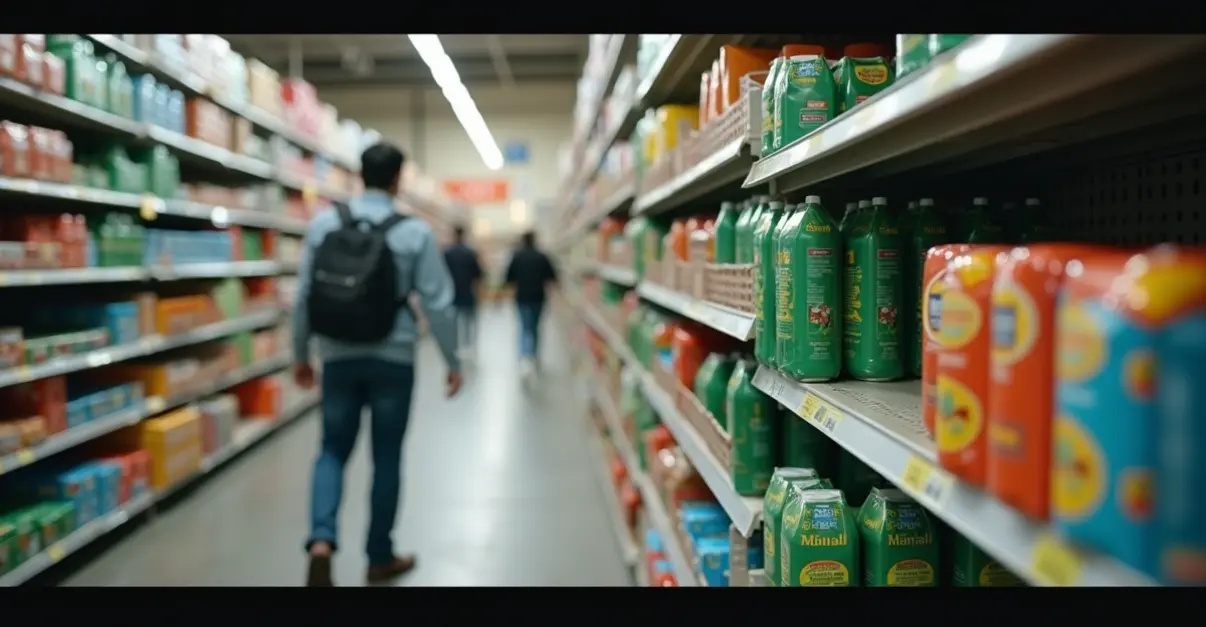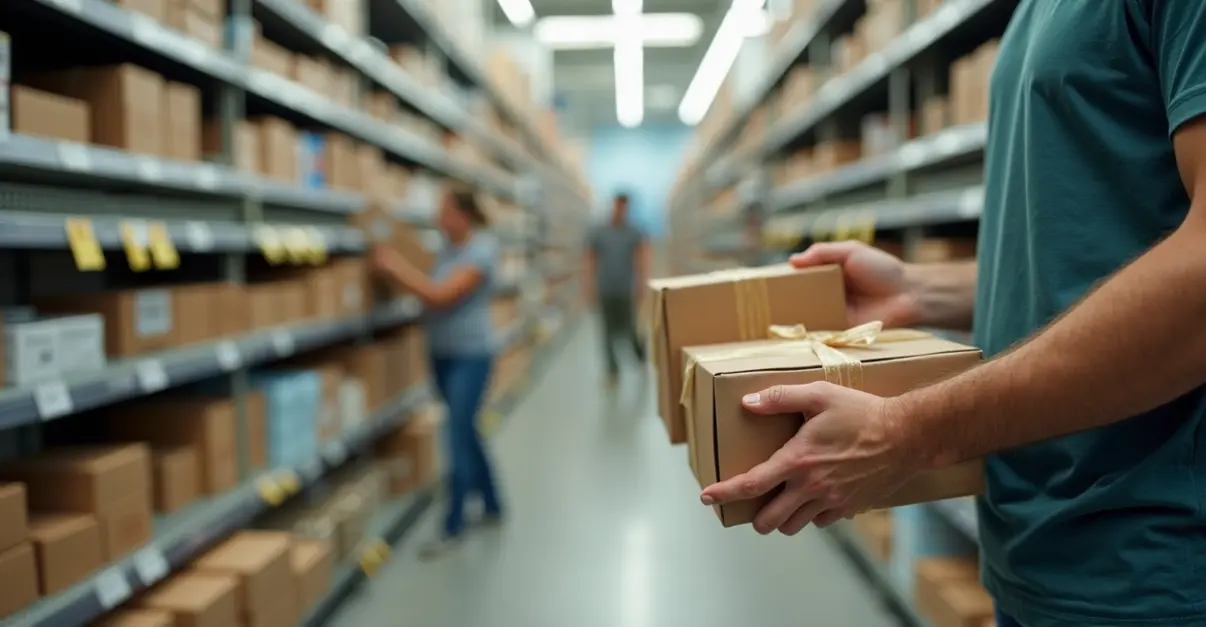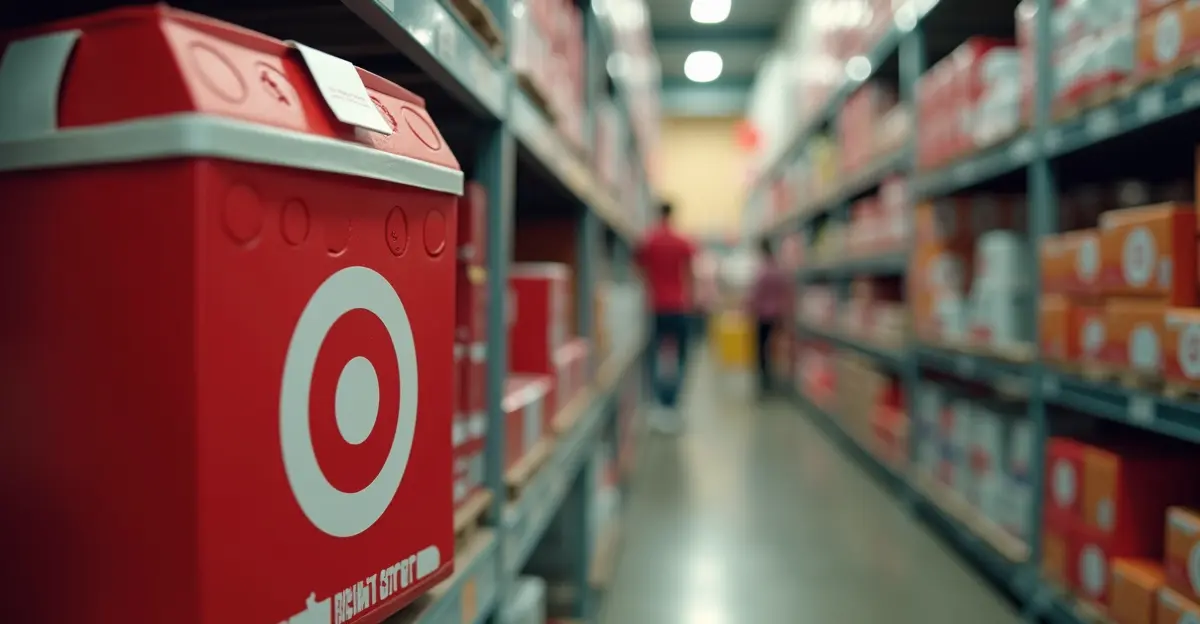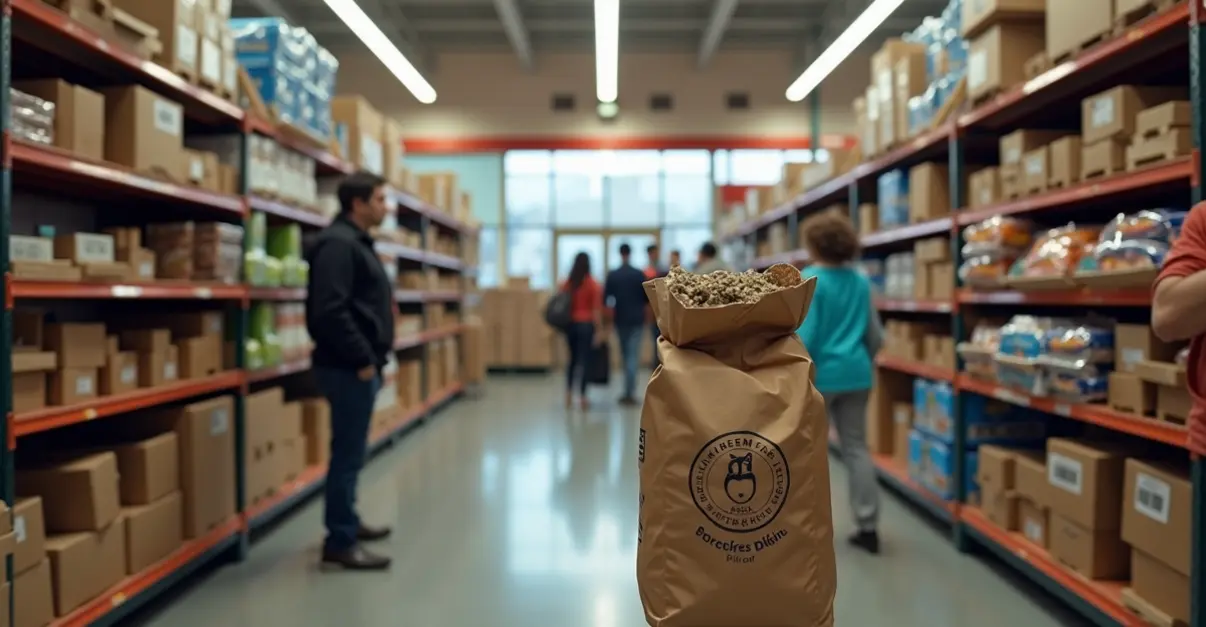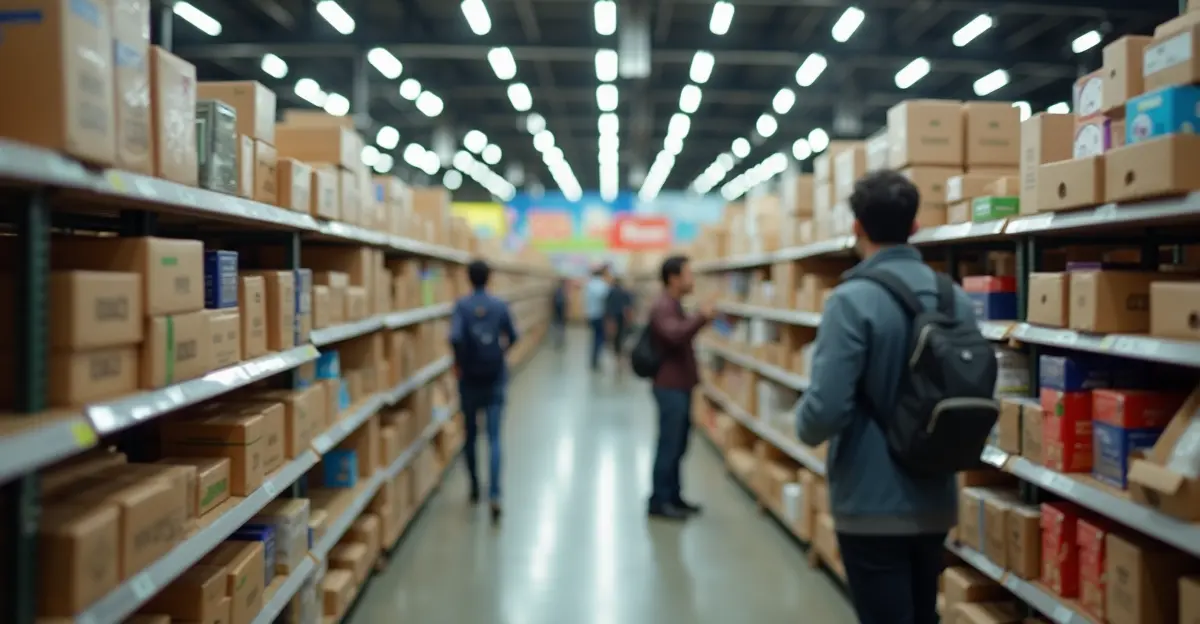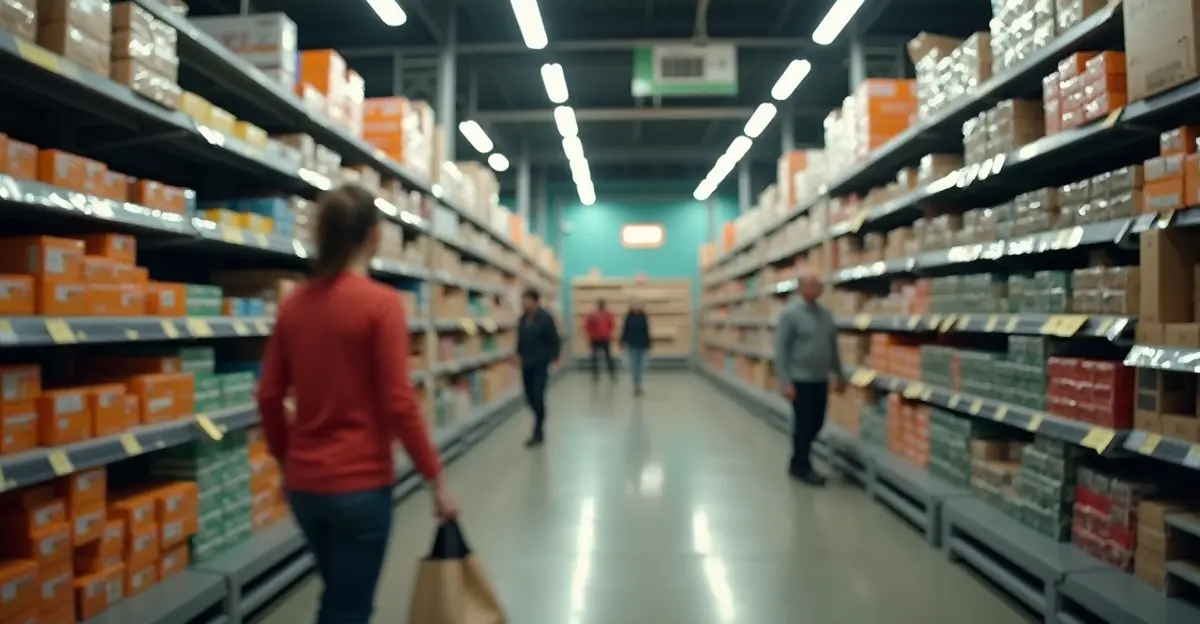Retail Giant Announces Comprehensive Packaging Overhaul
In a landmark announcement that could reshape the retail industry's approach to sustainability, a major retail chain has unveiled an ambitious packaging reduction plan aimed at significantly cutting waste across its supply chain. The comprehensive strategy focuses on three key pillars: supply chain transformation, consumer education initiatives, and enhanced recycling partnerships.
'This isn't just about reducing packaging - it's about fundamentally rethinking how we deliver products to consumers while minimizing our environmental footprint,' said Evelyn Nakamura, the company's sustainability director. 'We're committing to a holistic approach that addresses packaging from design through disposal.'
Supply Chain Transformation
The retail chain's plan includes aggressive targets for reducing virgin plastic usage by 30% by 2025, building on recent industry momentum. According to recent data from U.S. Plastics Pact Roadmap 2.0, the industry is moving toward circular economy principles, though challenges remain in achieving 2025 sustainability goals.
The company plans to redesign packaging for its private-label products to be 100% reusable, recyclable, or compostable. This aligns with broader industry trends where companies like Walmart have acknowledged difficulties in meeting similar targets, highlighting the complexity of supply chain transformations.
Consumer Education and Behavior Change
A significant component of the strategy involves comprehensive consumer education programs. Research from McKinsey's 2025 global packaging survey reveals that while consumers rank environmental concerns lower than price and quality, there's growing willingness to pay more for sustainable packaging, particularly among younger generations.
'Education is crucial because consumers often don't understand proper recycling practices,' explained Nakamura. 'We're developing clear labeling systems and digital tools to help customers make informed decisions about packaging disposal.'
Enhanced Recycling Partnerships
The retailer is establishing strategic partnerships with recycling facilities and waste management companies to improve collection and processing infrastructure. This initiative builds on findings from Closed Loop Partners research showing that equipment upgrades at materials recovery facilities can significantly improve small-format packaging recovery rates.
The company will collaborate with the newly formed Consortium to Recover Small-Format Packaging, which includes major brands like Target, Maybelline, and Kraft Heinz. This partnership aims to address one of the most challenging aspects of packaging waste - small items that often escape traditional recycling streams.
Industry Challenges and Opportunities
Despite the ambitious goals, the retail chain faces significant challenges. Recent AMERIPEN research indicates that while post-consumer recycled content in plastic packaging has more than doubled since 2019, the U.S. will likely fall short of 2025 targets without substantial infrastructure improvements.
'The availability of high-quality recycled materials remains a bottleneck,' acknowledged Nakamura. 'That's why we're investing in both supply chain improvements and consumer education - we need to create demand while ensuring supply can meet it.'
The company's initiative comes at a critical time, as World Economic Forum analysis suggests 2025 could be a tipping point for reusable packaging systems. With regulatory pressure increasing globally, particularly with the EU's new Packaging and Packaging Waste Regulation, retailers are under growing scrutiny to demonstrate meaningful progress.
The packaging reduction plan represents one of the most comprehensive sustainability initiatives in the retail sector to date, combining technological innovation, consumer engagement, and industry collaboration. As Nakamura concluded, 'This isn't just about meeting targets - it's about building a sustainable business model for the future.'

 Deutsch
Deutsch
 English
English
 Español
Español
 Français
Français
 Nederlands
Nederlands
 Português
Português
